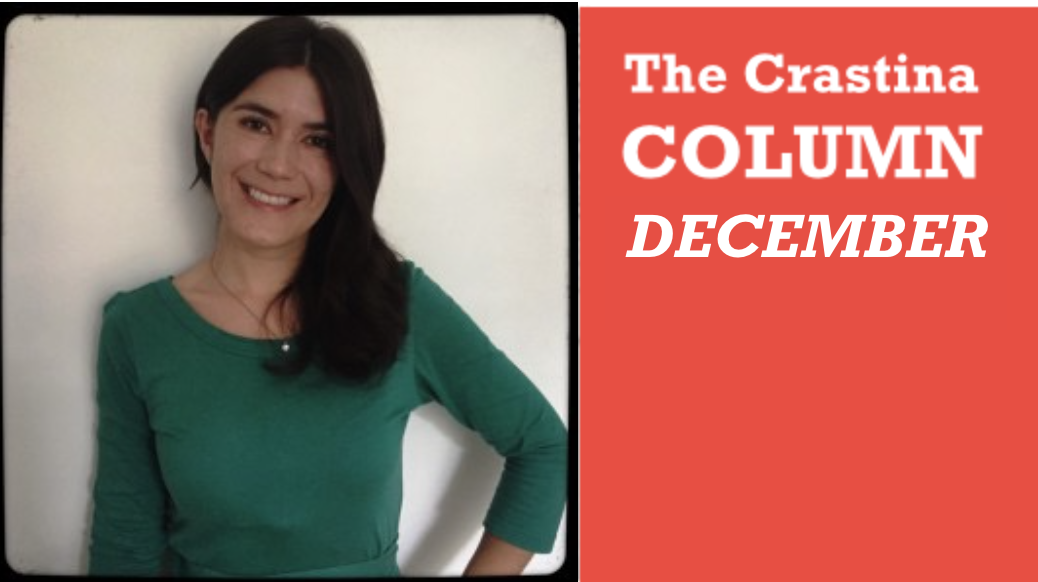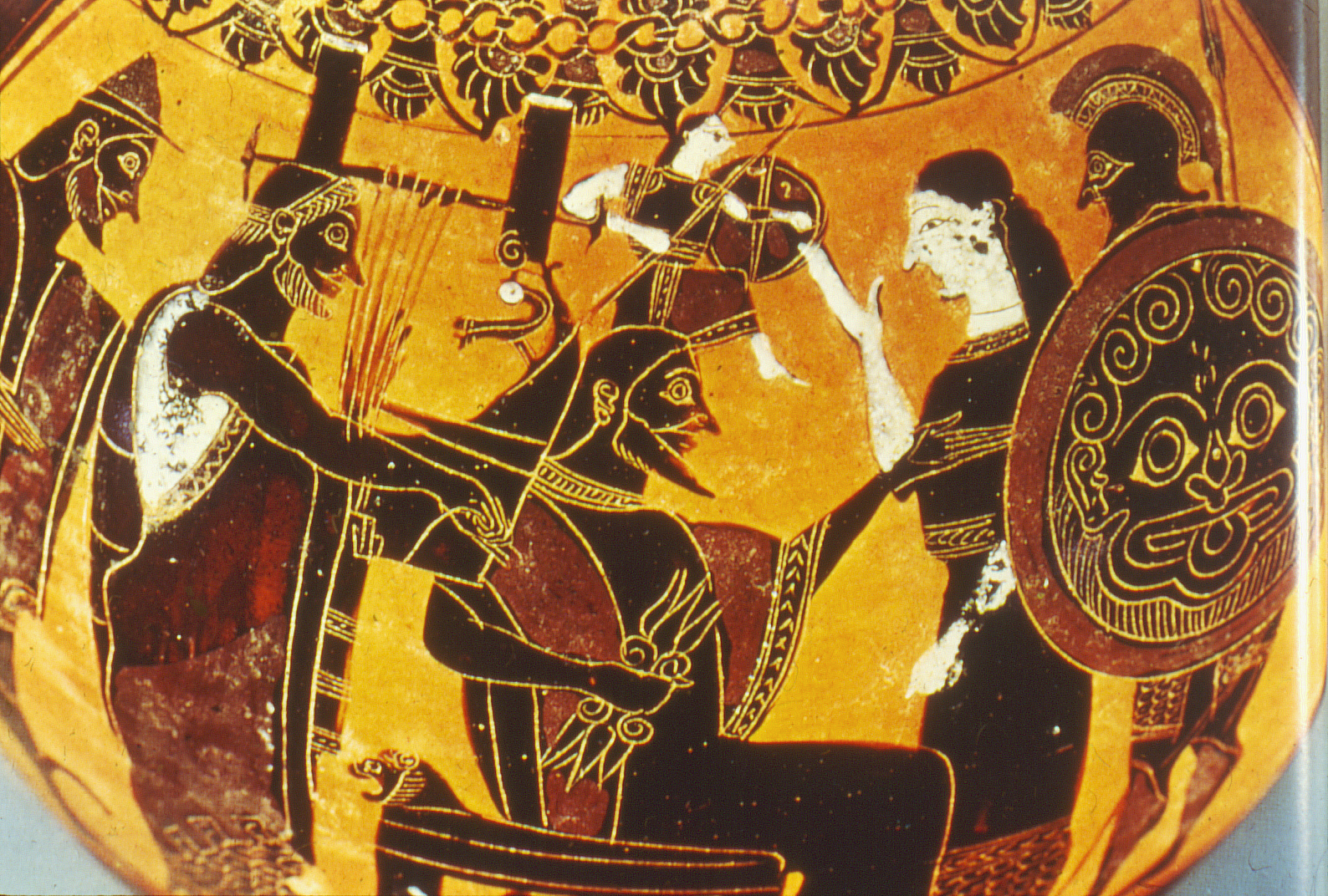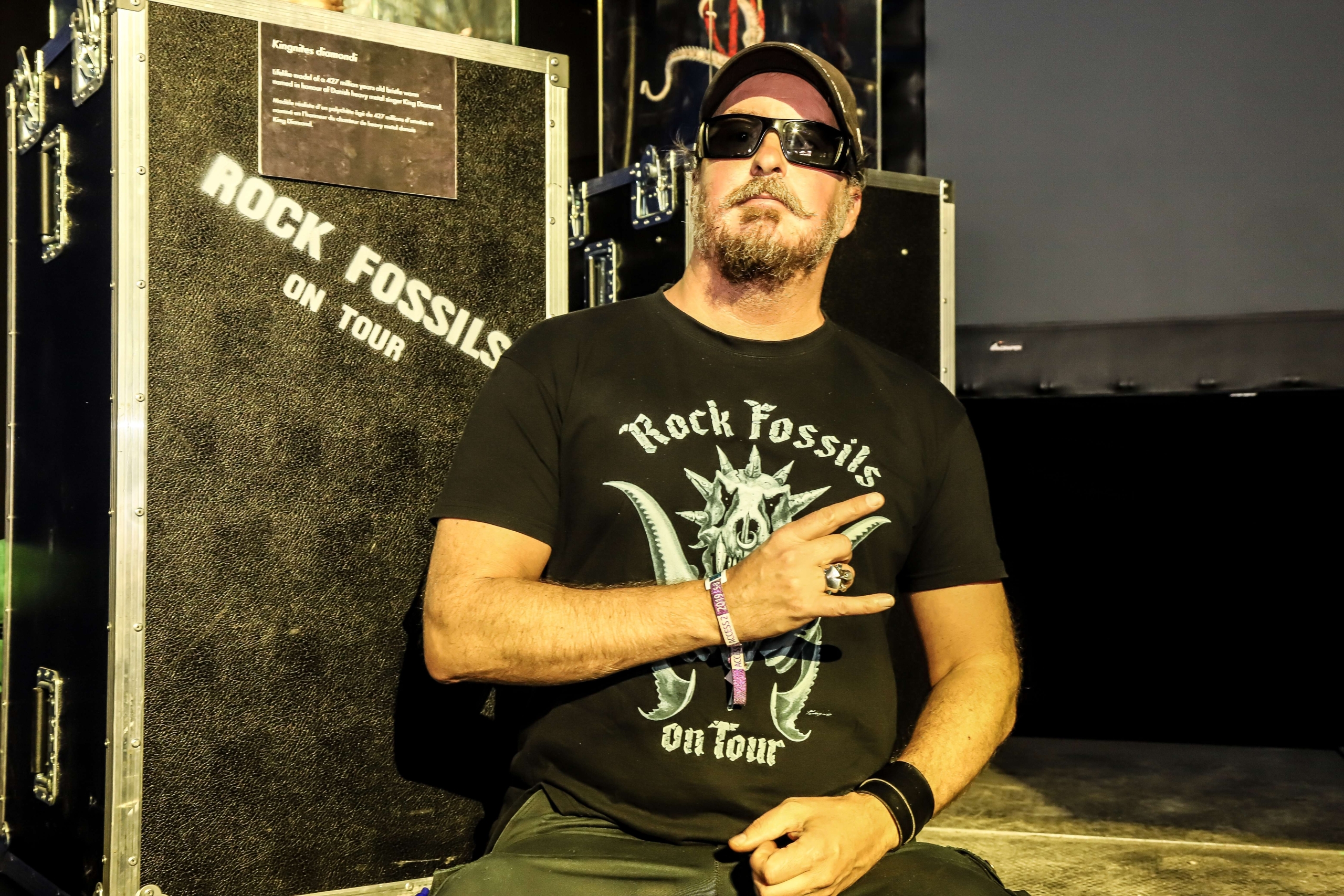Crastina is a platform for the exchange of experience, knowledge and inspiration regarding both scientific peer-to-peer communication and science dissemination
- What? An international network of (mostly young) people who love to communicate science & tech.
- Why? We think science needs to be communicated with more passion and professionalism.
- Where? On our website with interviews & resources + on social media + on Skype and IRL.
- Who? A content group (the Crew), a think tank (the Academy), + lots of friends & contacts.
- When? Right now – as a matter of fact, we’ve just geared up.

2 sides of a coin: differences between academic and SciComm conferences
A conference is like a dinner or a party: it’s the responsibility of the participants to make it memorable. Carolina P. Gómez, molecular biologist, is astounded how different conferences can be, depending on the internal culture of the attending group of people.

Interview with Carla Brown — creator of Bacteria Combat game
Bacteria Combat Lite is the first in a series of science games which will educate on bacteria and antibiotic resistance. This amazing science game was designed by real scientists working with real bacteria!

Are you a sufferer of PAC, The Pallas Athena Complex?
Recently, the Swedish writer and philosopher David Brax defined a very common reason for academic failure: The Pallas Athena Complex. Do you expect your work to spring out of your head, fully ready to do combat on it’s own? Read on!


















